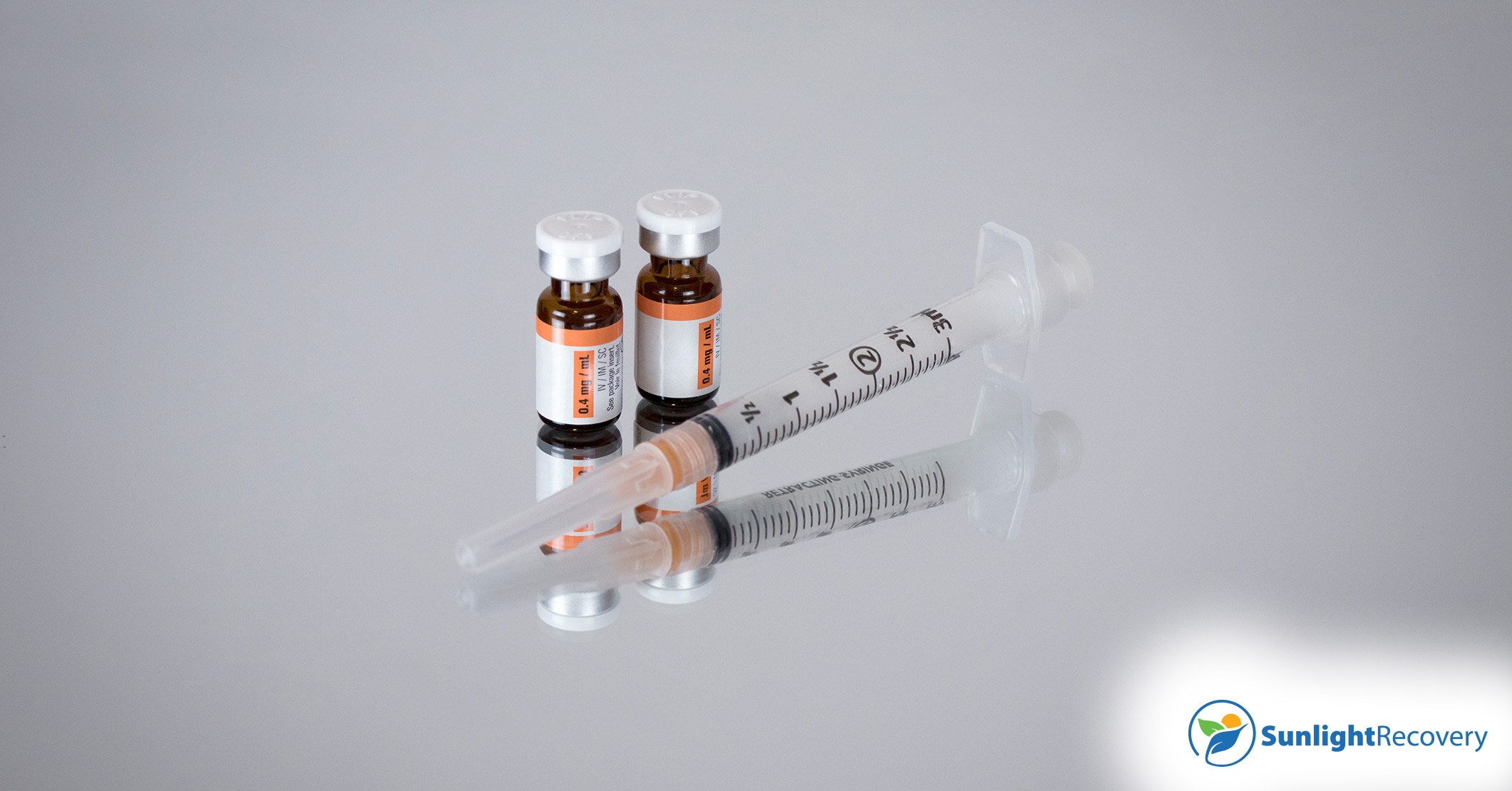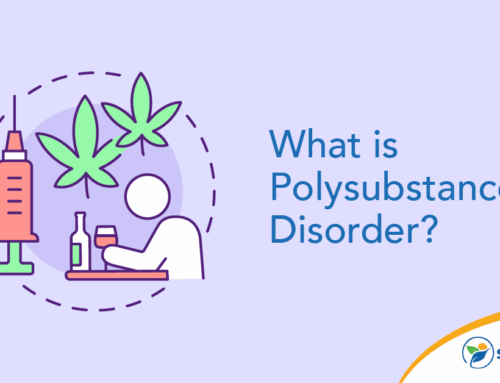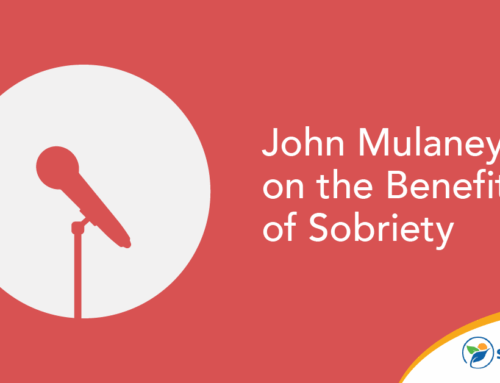Narcan is a life-saving medication that can rapidly treat opioid overdoses. However, being aware of potential Narcan side effects can help people who use opioids and their loved ones get the medical support they need after an overdose. This guide outlines what to look for after receiving or administering Narcan and gives advice on managing Narcan consequences.
Introduction to Narcan and Its Importance
Narcan, or naloxone, is an opioid antagonist drug used to treat opioid overdoses. It can reverse the effects of illicit and prescription opioids, including:
- Heroin
- Oxycodone
- Codeine
- Fentanyl
The medication works by attaching to the opioid receptors in the brain, preventing opioid drugs from impacting the receptors and blocking their effects. It’s safe to administer Narcan to anyone who may be experiencing an opioid overdose because the drug only affects people with opioids in their systems.
While naloxone is also available as an injection, Narcan is a nasal spray. Family, friends and emergency responders often find it easier and feel more comfortable administering the medication in spray form, especially if they have no medical training.
In many parts of the United States, any concerned person can obtain Narcan from a pharmacy or community program without a doctor’s prescription. The National Institute on Drug Abuse recommends that all people with an opioid misuse disorder carry Narcan or another naloxone medication, and their loved ones may also find it reassuring to have the medication on hand.
Ensuring quick access to naloxone can make it easier to reverse the breathing difficulties associated with opioid overdoses and increase a person’s chances of recovery. A doctor or pharmacist can explain how to administer Narcan to help nonmedical responders feel more confident.
A single dose of Narcan may not be adequate because the medication only works for 30 to 90 minutes and overdose symptoms may return when the medication wears off. Therefore, it’s crucial to call 911 whenever an opioid overdose is suspected to ensure the person receives the medical care they need.
Common Side Effects of Narcan
Many people use Narcan without adverse reactions. However, just like any other medication, it can sometimes cause side effects. The most common Narcan side effects are headache and joint or muscle pain. Other symptoms may include:
- Feeling dizzy or lightheaded
- Fainting
- Nasal discomfort
- Stomach pain
- Weakness
One of the main naloxone medication risks is its potential to cause opioid withdrawal. The drug rapidly reverses the effects of opioids, which can cause symptoms such as agitation, vomiting and yawning. Naloxone nasal sprays such as Narcan are less likely to cause severe withdrawal than injecting the medication.
Occasionally, Narcan can exacerbate underlying health conditions. This situation is more likely if the person has heart disease or a condition affecting their blood vessels. While it’s possible some people may experience an allergic reaction after receiving Narcan, there are no known cases of severe adverse reactions.
Safety of Narcan and Risk Management
According to the FDA, data demonstrates the efficacy and safety of Narcan when administered by nonmedical bystanders and health care professionals. The CDC says it’s always the safest option to give someone Narcan if an overdose is suspected.
Knowing the signs of an opioid overdose can help friends, family and bystanders administer Narcan appropriately. Common opioid overdose symptoms include:
- Pinpoint pupils
- Difficulty staying awake
- Becoming unconscious
- Skin that feels unusually cold or clammy
- Slow or shallow breathing
- Stopping breathing
- Limpness
- Changes in skin color
- Unusual breathing noises, such as gurgling
The CDC recommends steps anyone can take to prevent harm from an overdose and minimize any potential risks of Narcan. Getting medical attention as quickly as possible ensures the person receives the help they need to recover from their overdose and any potential Narcan side effects.
First, responders should call 911 as soon as they believe someone is experiencing an opioid overdose. They should assume the person is overdosing if they feel unsure. Next, they should administer Narcan if they have it on hand and remain with the person until help arrives. Placing the person on their side and attempting to keep them awake can reduce the risk of negative outcomes, such as choking. Informing medical responders of the person’s medical conditions (if known) can help them provide the best treatments to reduce the risk of harm.
Safety of Narcan: First Responders
It’s common for bystanders to worry about the risks to their own safety when administering Narcan to someone experiencing an opioid overdose. Although it’s possible someone may become aggressive after receiving Narcan, this reaction is relatively unusual. The risk of receiving a needle stick injury while administering the medication is generally low.
Another common worry is the potential for legal repercussions if a bystander administers Narcan incorrectly or inappropriately. Fortunately, most states offer civil and criminal immunity to people who give someone Narcan in good faith, which means they administer the medication in the genuine belief that the person is overdosing. Many states also protect the overdosing person from legal repercussions.
When to Seek Medical Assistance for Narcan Side Effects
Anyone experiencing Narcan side effects or allergic reaction symptoms should seek prompt medical attention. Signs of an allergic reaction include facial swelling, hives and breathing problems.
More serious side effects could be a sign of a medical emergency, and the affected person or bystanders should call 911 immediately. The following symptoms require urgent medical assessment:
- Chest pain
- Rapid, slow or irregular heartbeat
- Coughing, wheezing or breathlessness
- Feeling faint
- Feeling or being sick
- Severe headache
- Tinnitus (ringing in the ears)
- Seizures
- Breathing difficulties
- Mood or cognitive changes, such as anxiety or confusion
Anyone experiencing opioid withdrawal after taking Narcan should also seek medical assistance. The symptoms of opioid withdrawal can be unpleasant and may become life-threatening without medical support. Doctors can provide treatments to manage withdrawal symptoms and help the person detox safely.
Get Expert Support at Sunlight Recovery
No one should go through opioid withdrawal alone. The experts at Sunlight Recovery have the skills and resources to manage symptoms effectively, treat the underlying causes of addiction and help clients achieve healthier, happier futures. Contact us today to discuss treatment options confidentially.






